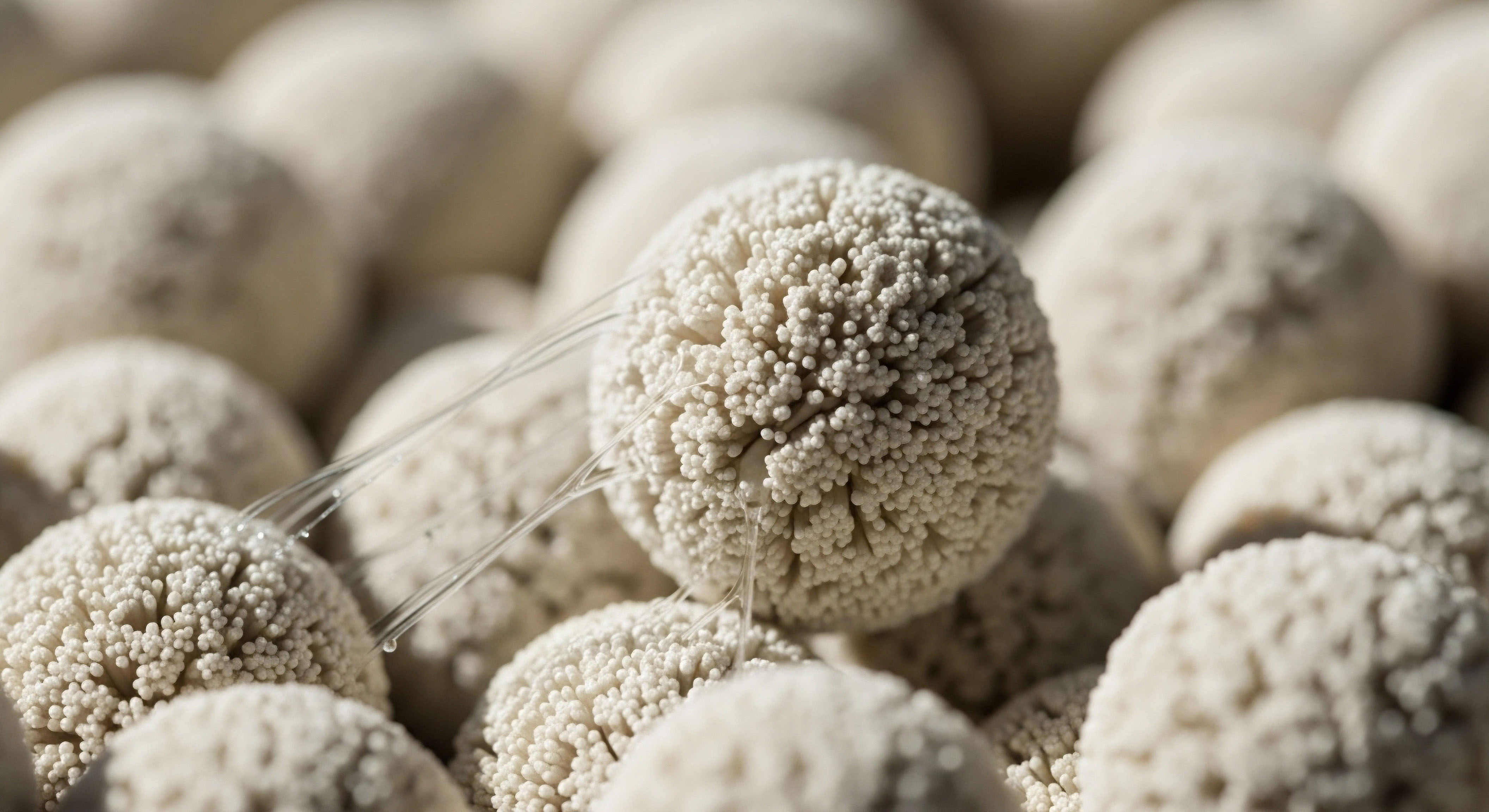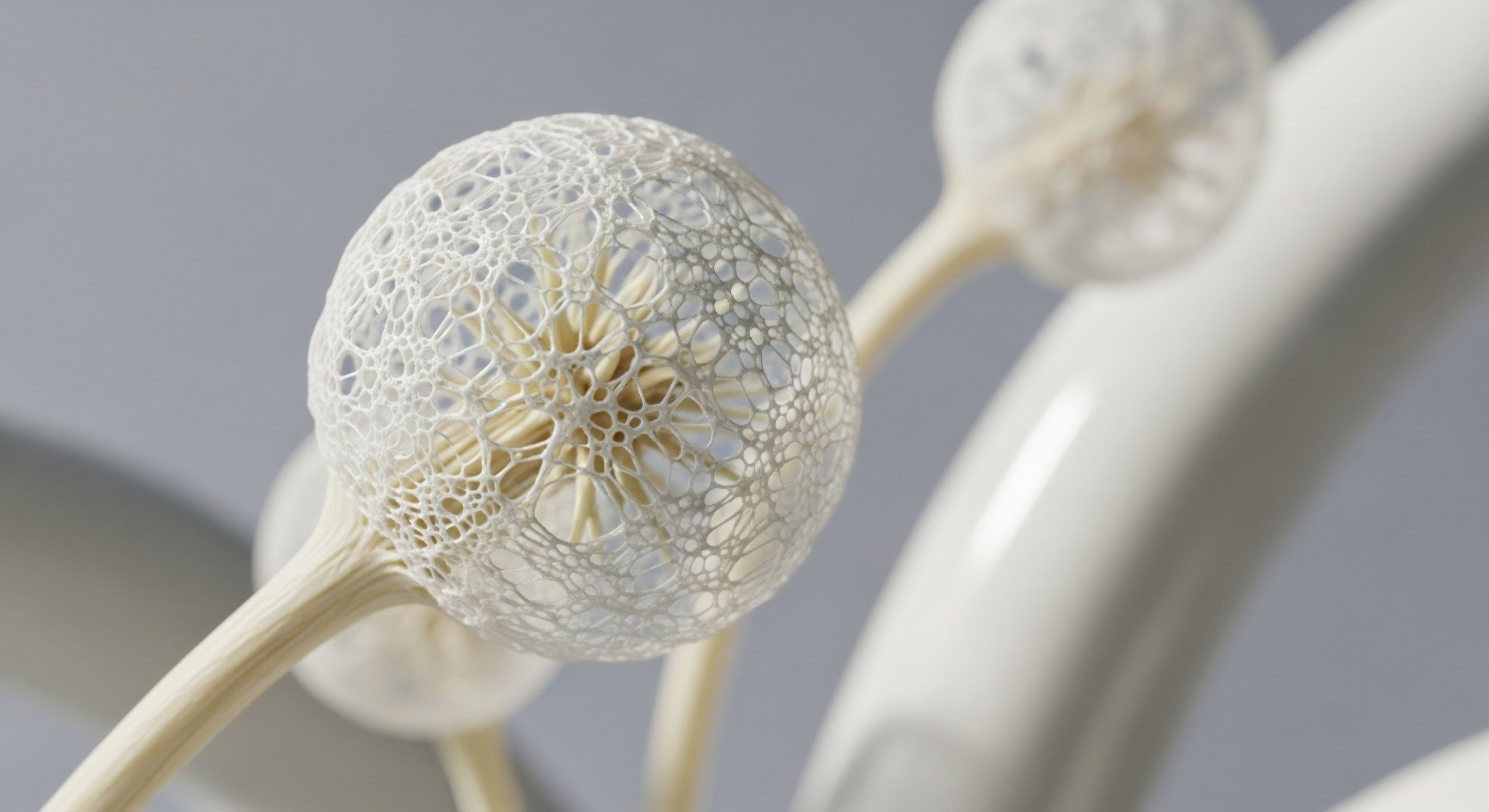

Your Morning Ritual a Daily Dose of Toxins
That first cup of coffee is a sacred ritual for millions, a sensory experience that signals the start of the day. You associate the rich aroma and robust flavor with clarity, energy, and focus. The reality of that morning cup, however, is far more complex.
The coffee industry, driven by immense global demand, relies heavily on chemical interventions to maximize yield. This dependence introduces a spectrum of pesticides and herbicides into the cultivation process, many of which are known to be toxic. These chemicals are not just a distant problem for the environment; they are a direct input into your biological system.
Conventional coffee farming is a chemically intensive practice. A number of harmful pesticides are used, including glyphosate, which has been linked to serious health issues. Others, like chlorpyrifos, are known to affect the human nervous system, posing a particular risk to vulnerable populations.
The World Health Organization has even classified some pesticides commonly used on coffee plantations as “probably carcinogenic to humans”. While the roasting process can reduce the levels of some of these chemicals, it doesn’t eliminate them entirely. This means that with every sip, you are potentially exposing your body to a cocktail of compounds that can disrupt its delicate balance.
The daily ritual of coffee, for many a non-negotiable part of life, has become a primary delivery system for agricultural chemicals.
The conversation around coffee has long been dominated by its benefits, from increased alertness to a reduced risk of certain diseases. This focus, however, has largely ignored the potential downsides of how coffee is produced. The chemicals used in conventional coffee farming don’t just disappear; they can persist in the beans and, ultimately, in your cup.
The effects of long-term, low-level exposure to these substances are still being studied, but the potential for harm is clear. The very drink you rely on for a daily boost could be simultaneously introducing a slow, steady stream of toxins into your body.


Recalibrating Your Internal Chemistry
Understanding how pesticides in coffee can affect your health requires a shift in perspective. Think of your body as a high-performance engine, a complex system of interconnected chemical reactions. The introduction of foreign substances, like pesticides, can disrupt this finely tuned machinery.
These chemicals are designed to be toxic to living organisms, and while they target pests, their mechanisms of action can also impact human health. The disruption they cause can be subtle but significant, accumulating over time and contributing to a range of health issues.
The primary route of exposure to these chemicals is through ingestion. Once in your body, they can interfere with critical biological processes. Some pesticides, for example, are known endocrine disruptors, meaning they can mimic or block the action of your natural hormones. This can lead to a cascade of effects, from metabolic issues to reproductive problems.
Others are neurotoxins, designed to attack the nervous systems of insects, but they can also have damaging effects on human nerve function. The cumulative effect of this exposure can be a slow degradation of your body’s performance, a gradual decline in vitality that you might mistake for the normal aging process.

The Path from Plant to Your Cup
- Cultivation ∞ Conventional coffee farms use a wide array of pesticides to protect their crops. These chemicals can be absorbed by the coffee plant and remain present in the beans.
- Processing ∞ While washing and roasting can reduce pesticide levels, they do not eliminate them completely. Some chemicals are heat-stable and can survive the roasting process.
- Consumption ∞ When you drink coffee, you are ingesting these residual pesticides. Over time, these chemicals can accumulate in your body, potentially leading to a range of health problems.


The Choice Point a Proactive Approach to Wellness
The moment to consider the impact of pesticides in your coffee is now. It’s not about waiting for symptoms to appear; it’s about making a proactive choice to optimize your health and vitality. The daily exposure to these chemicals, even at low levels, can contribute to a slow, steady decline in your body’s performance.
You might notice this as a persistent feeling of fatigue, a subtle brain fog, or a general sense of being “off.” These are the signals that your internal chemistry is being disrupted, that your body is working harder than it should to maintain balance.
Making a change is not about deprivation; it is about making a conscious upgrade to your daily routine. The most direct way to mitigate your exposure to these chemicals is to choose organic coffee. Organic farming practices prohibit the use of synthetic pesticides and herbicides, resulting in a cleaner, healthier product.
This simple switch can have a profound impact on your long-term health, reducing your body’s toxic load and allowing it to function at its peak. By choosing organic, you are not just buying a different type of coffee; you are investing in your own well-being.
The decision to switch to organic coffee is a powerful act of self-care, a declaration that you are taking control of your health and vitality.
The benefits of making this change will become apparent over time. You may notice a gradual increase in your energy levels, a sharpening of your mental clarity, and a greater sense of overall well-being. These are the signs that your body is no longer burdened by the constant influx of agricultural chemicals.
This is not a quick fix; it is a long-term strategy for optimizing your health and performance. The choice is yours to make, and the time to make it is now.

Architecting Your Vitality
Your body is the most advanced piece of technology you will ever own. Every choice you make, from the food you eat to the coffee you drink, is a line of code that instructs it how to perform. The information presented here is a tool, a new lens through which to view a familiar ritual.
It is an invitation to move beyond passive consumption and become the architect of your own vitality. The path to optimized health is a series of conscious, informed decisions, and it begins with what you put into your body. What other daily habits could be recalibrated for peak performance?

Glossary

conventional coffee farming

glyphosate

pesticides in coffee

endocrine disruptors

neurotoxins

organic coffee




